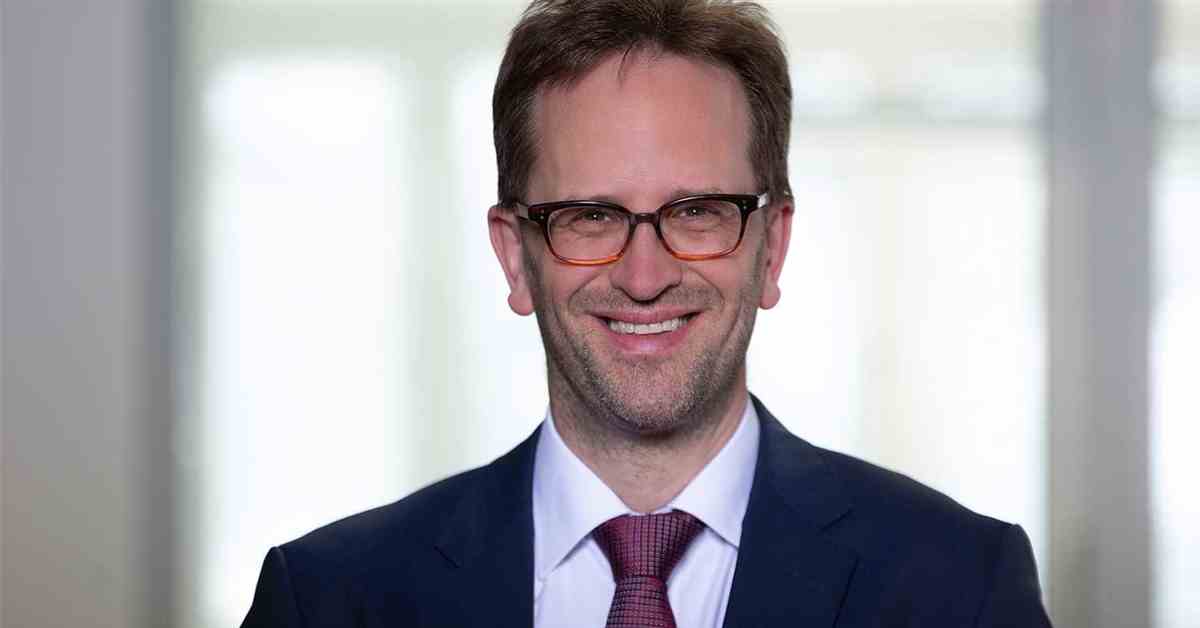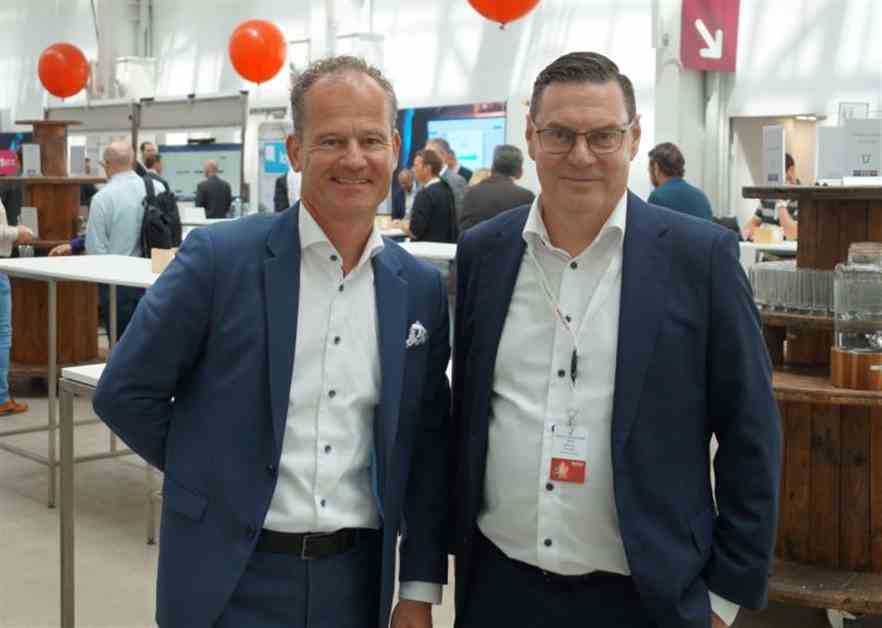BNetzA lays down the rules: This is how the hydrogen core network will be financed
The long-awaited decision on how the hydrogen core network will be financed has finally been made. The Federal Network Agency has issued a corresponding determination with the abbreviation Wanda.
Klaus Müller, the head of the Federal Network Agency, describes it as a „reliable regulatory framework“ for network operators and investors. Wanda allows them to establish the financing of the core network on a private sector basis. „At the same time, customers can rely on a nationally uniform and affordable ramp-up fee. The ball is now in the court of the network operators to start the hydrogen economy,“ emphasizes Müller.
**Financing through Network Fees**
The construction of the hydrogen core network is set to be refinanced by network fees until 2055. Wanda establishes the regulatory framework and provides guidelines for determining a marketable fee for the hydrogen ramp-up, according to the BNetzA.
The fee will be collected at all entry and exit points of the hydrogen core network starting in 2025. It is intended to remain relatively constant until 2055. Once the ramp-up is achieved and there are enough customers, additional revenues will be used to offset the initial financing gap.
**Response to the European Court of Justice’s ruling**
Wanda is the first determination issued by the new Great Energy Decision Chamber. This chamber was established in response to a ruling by the European Court of Justice, which stated that the Federal Network Agency must determine essential framework conditions for network regulation independently of the federal government and the national legislature.
The hydrogen core network is expected to be privately built and fully financed by network fees. However, only limited demand for hydrogen is expected in the early years. In the long run, the Federal Network Agency anticipates an established hydrogen market and a larger number of network customers. Therefore, the network fee is initially set below a cost-covering fee to prevent high fees from hindering the hydrogen ramp-up in the early years.
**Government-backed interim financing**
While the methodology for fee determination falls under the jurisdiction of the Federal Network Agency, the legislature supports this long-term amortization system with a government-backed mechanism for interim financing. This mechanism is not part of the Wanda determination but is closely related to it.
The next step involves network operators applying for approval of the hydrogen core network, expected in the middle of the year. Furthermore, all future core network operators wishing to incur costs for 2025 must submit their cost data by June 30, 2024, using the data collection form available at the link below.
**Controversy over Self-Contribution**
The financing framework approved by the Bundestag has faced criticism, particularly regarding the self-contribution, which the coalition partners agreed to cap at a maximum of 24%. This contribution would come into play if there is a deficit remaining on the state-funded special account at the end of the term. The transmission system operators had hoped for a reduction but faced opposition from the Free Democrats and the Greens.
**What about the Distribution Networks?**
There is also dissatisfaction with the perceived underplayed role of the distribution networks, according to some Union politicians. They are calling for financing conditions that include a mix of instruments comparable to those in the core network expansion.
In conclusion, the decision on how the hydrogen core network will be financed sets the stage for a significant step towards a sustainable hydrogen economy in Germany. With a clear regulatory framework and provisions for private financing supplemented by state-backed mechanisms, the pathway to a robust hydrogen infrastructure appears to be well-defined. As the transition to a hydrogen-based economy gains momentum, the role of network operators and investors will be crucial in driving this transformation forward.










